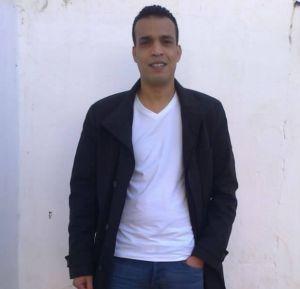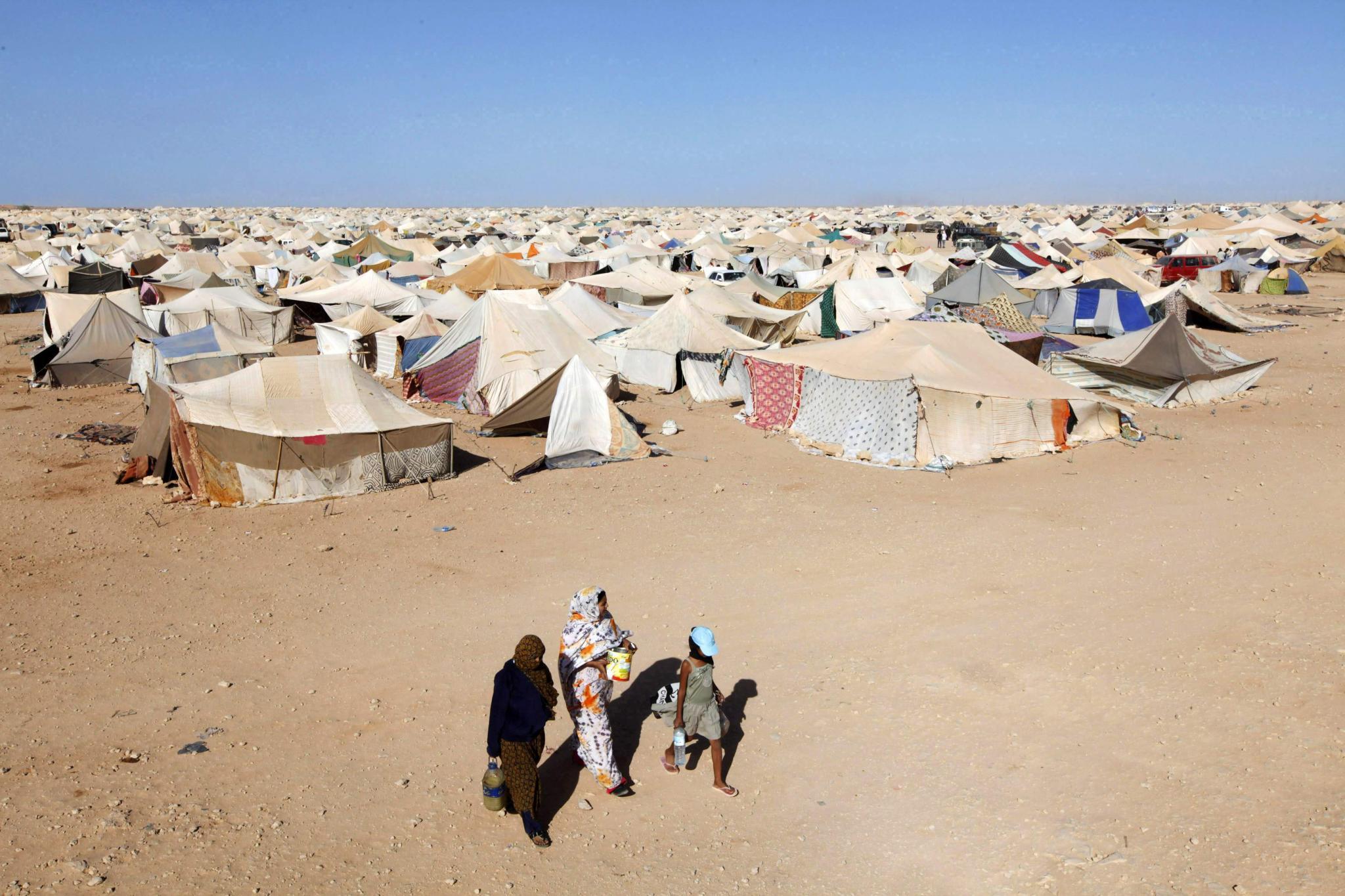
Hassan Eddah
Hassan Eddah (Dah) is a human rights defender who was born in 1987. He was sentenced to 25 years in prison by the Appeals Court in Salé in 2017. Hassan Eddah is a Sahrawi journalist associated with RASD-TV as well as a human rights defender connected to the Sahrawi Association of Victims of Grave Human Rights Violations Committed by the Moroccan State. The human rights defender spent 10 months in prison in 2010 for his political views. Hassan Eddah took part in the Gdeim Izik camp, where he acted as a correspondent for the Frente Polisario’s TV and radio service. Hassan Eddah was arrested on 4 December in 2010 with Mohamed Tahlil and Bachir El Khadda. Hassan Eddah stated at the Appeal Court that he had been brutally tortured when detained in Laayoune and at the gendarmerie. The human rights defender also claims that all the signatures that he supplied were obtained under torture, and that any blanks were later filled in by the authorities. Hassan Eddah stated that he was not present at the Gdeim Izik camp on 8 November and that, on 7 November, he had witnessed how the Moroccan forces surrounding the camp had placed the camp under a siege, preventing people from leaving and entering the enclosure.

